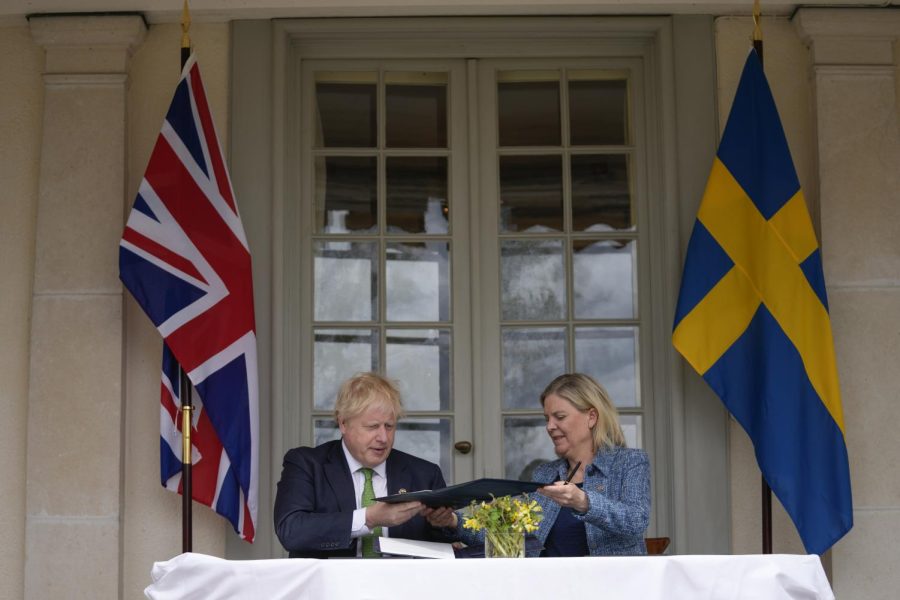On May 2nd, 2023, the Writers Guild of America (WGA) went on strike against the Alliance of Motion Picture and Television Producers (AMPTP) due to the lack of job security, limited space in writers’ rooms (rooms where writers gather to work on a story) and under compensation from the money made on shows released on streaming services (streaming services bring in billions of dollars yearly for companies, while writers only receive a few million dollars of that).
The strike, causing the largest interruption to American film since the Covid-19 pandemic, is being carried out by way of picketing (the act of standing outside of building of work in mass to prevent others from entering) and the complete stoppage of work. The strike is widely supported throughout the WGA as well, with 98% of members voting in favor of going on strike.
Major studios affected by this strike are willing to let the strike drag on until the WGA is forced to take a worse deal than the one they proposed. In a report by Deadline, a studio executive said that “the endgame is to allow things to drag on until union members start losing their apartments and losing their houses.”
On top of costing writers their paychecks, the strikes caused major studios (such as Paramount and AMC) to drop stock values down an estimated total of $10 billion, as well as the WGA estimating the strikes costing California’s economy around $30 million every day.
Even with this massive drop in revenue, the studios are holding firm to the plan of a war of attrition. Both parties in the strike are bleeding money, and one of them will give eventually.
With the strike, members of the WGA are attempting to rectify the current Minimum Basic Agreement (MBA), which established a minimum wage for television and film writers, but only for broadcast television. The MBA did not set a minimum wage for writers who wrote for streaming television, so those writers were forced to settle for less pay.
The deal proposed to the AMPTP by the WGA is supposed to yield about $429 million for writers, while the one proposed by the AMPTP would yield about $86 million. The deal also aims to increase writers’ job security as the influx of using AI for film is causing writing jobs to be more susceptible to being replaced.
As the strike drags on, more and more people are siding with the WGA, and it seems as though the studios will be the ones to accept the WGA’s deal, rather than the members of the WGA accepting more under-pay from studios.
Categories:
WGA Strikes Against AMPTP
Nicholas Khan, Staff Writer
September 29, 2023















